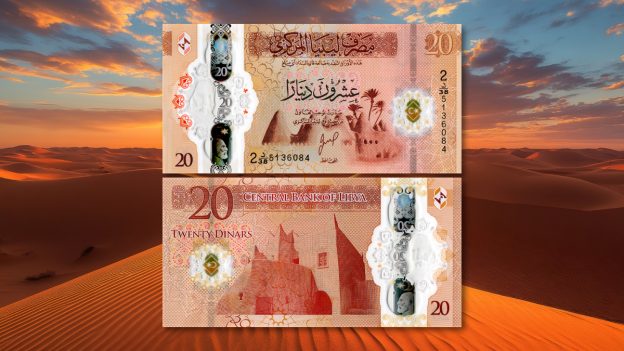
The Libyan Zakat Fund has announced that the minimum zakat threshold for gold for 2025 has been set at 84,490 Libyan dinars.
Once this threshold is reached and a full year has passed, the amount becomes liable for zakat at a rate of 2.5%, in line with Islamic Sharia law.
The Fund clarified that this figure is based on the value of pure 24-karat gold and reflects locally approved pricing. It serves as an official reference for both individuals and institutions when calculating their annual zakat obligations.
“This threshold provides guidance for citizens to fulfil their religious duties accurately and transparently,” a spokesperson for the Zakat Fund said.
Zakat, one of the five pillars of Islam, requires eligible Muslims to donate a portion of their accumulated wealth to support those in need. Gold is among the primary assets considered for zakat calculations, alongside cash savings and business assets.
By establishing an official threshold, the Fund aims to standardise zakat calculations across Libya and ensure compliance with religious and legal guidelines.
The announcement also underscores the Fund’s ongoing role in promoting transparency and fairness in charitable contributions.
Local religious authorities and financial institutions are expected to use this benchmark in advising citizens and facilitating zakat payments throughout the year.
The Zakat Fund emphasised that individuals and organisations should monitor their holdings to determine eligibility once the 84,490-dinar threshold has been reached.
“This announcement serves as a clear directive for the public and a reminder of the importance of zakat in supporting community welfare,” the spokesperson added.
Libyans observing zakat are encouraged to calculate their obligations carefully and complete payments promptly, helping sustain charitable programs and provide relief to the most vulnerable members of society.
The 2025 threshold announcement continues a long-standing practice by the Libyan Zakat Fund to ensure that religious obligations are met in accordance with both faith and local economic realities.



